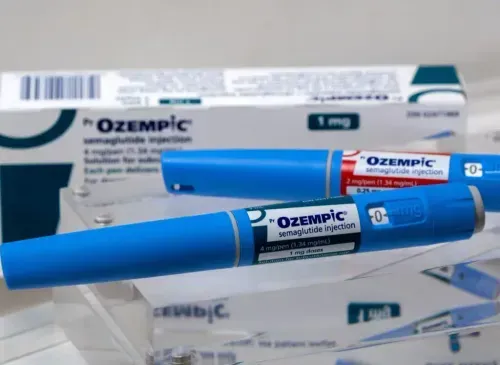Who Could Be Held Liable for Medical Malpractice?
The following parties that can be held responsible for medical malpractice include:
Physicians
Physicians are often thought of when it comes to cases of medical malpractice. Physicians handle a variety of treatments in the medical field, which opens them up to making more mistakes. Misdiagnoses, failure to diagnose, prescription medical errors, or failure to properly treat, are just some examples of the types of negligence a physician can commit.
Surgeons
Surgeries, regardless of how invasive, require the utmost attention to detail. When negligence is committed during surgery, it can have severe consequences. Because of this, lawsuits involving surgical error lawsuits must be handled carefully.
Anesthesiologists
An anesthesiologist administers powerful drugs. Whether it’s general or local, the administration of these powerful drugs requires a high degree of precision and skill. When an anesthesiologist is negligent, their negligence can result in severe, long-term health consequences. A victim of a medication error in anesthesia can wake up during an invasive procedure, suffer from brain damage, or die.
Pharmacists
A pharmacist can commit several types of medication errors including filling a prescription with the wrong medication or wrong dosage. Medication errors can result in serious health concerns.
Urgent Care Facilities, Hospitals, Clinics
Many people do not know that a medical facility can sometimes be held liable for medical malpractice. A medical facility can be held liable if an illness or injury was caused by unsanitary or unsafe conditions or was the result of negligent hiring practices.
How Much Is My Medical Malpractice Case Worth?
When it comes to particular types of medical malpractice cases there is no set dollar amount. Some cases may be worth a few thousand dollars, while a similar case may be worth significantly more. What matters is that the victim of the medical malpractice should be compensated for all injury-related costs now and in the future.
These expenses may include:
- Cost of medical treatment, including the cost of diagnosing the illness or injury, any surgeries, and hospital fees
- Cost of future medical care, including ongoing treatment due to a chronic condition caused by the medical malpractice incident
- Medical devices
- Prescription medications
- In-home medical care
- Lost wages
- Loss of future income
- Pain and suffering in certain circumstances
And other losses.
Your medical malpractice attorney will carefully review your case and assess your damages to ensure you pursue every penny of compensation you’re owed.
Contact Us Today
To recover compensation for the damages you have incurred as a result of medical malpractice, contact an experienced medical malpractice lawyer at Parker Waichman LLP. Our legal team has a track record of successfully handling medical malpractice cases, achieving the justice and compensation every client deserves. To learn more, contact us today to schedule a free legal consultation with a member of our legal team.












































